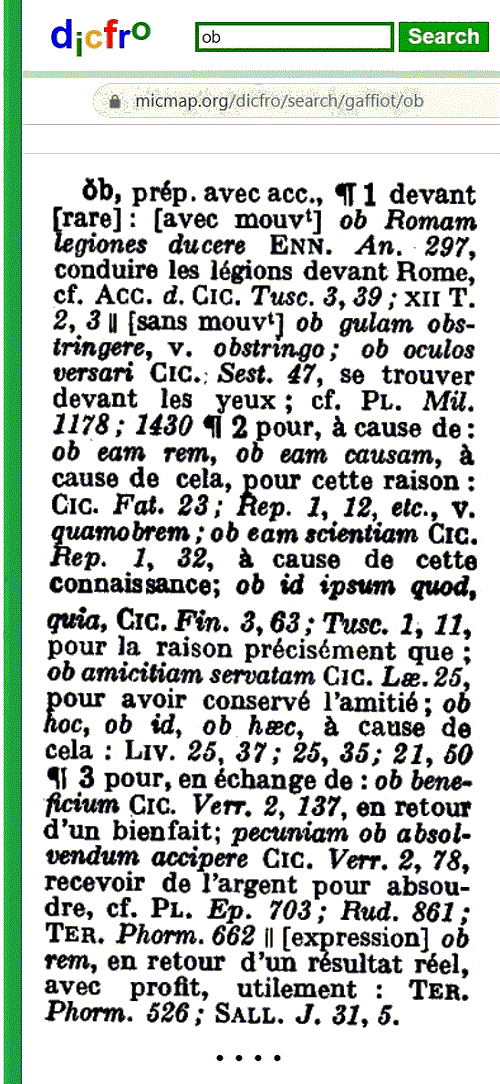The title is a phrase from Tom Wolfe's The Painted Word —
"the seemingly innocuous obiter dicta ,
the words in passing, that give the game away"
The President on July 23, per USA TODAY —
"And there’s a need, whether it is true or not,
there is a need to project a different picture."
Related material —
EVERY LAST EASTER EGG AND REFERENCE
IN EPISODE 6 OF HBO'S WATCHMEN .
Wikipedia — "For the 72nd Primetime Emmy Awards,
Damon Lindelof and Cord Jefferson won the award
for Outstanding Writing for a Limited Series, Movie,
or Dramatic Special for this episode."

See also . . . The Bard of Teaneck —
"What if Shakespeare had been born in Teaneck, N.J., in 1973?
He would call himself Spear Daddy. His rap would exhibit a profound,
nuanced understanding of the frailty of the human condition, exploring
the personality in all its bewildering complexity: pretension, pride,
vulnerability, emotional treachery, as well as the enduring triumph of love.
Spear Daddy would disappear from the charts in about six weeks."
— Gene Weingarten in the Washington Post,
Sunday, Oct. 2, 2005
Weingarten's remarks were quoted here on that Sunday, along with
the following illustration —
Spear Daddy!







